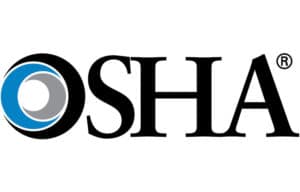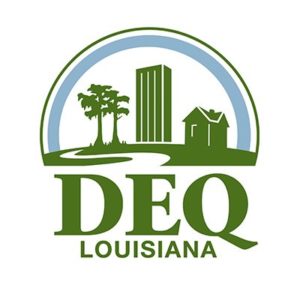GreenServ Blog
To Stay Compliant, Media Destruction is a Must

The printing press was followed by the typewriter, the word processor, the photocopier, and computers with printers. Computer storage media have evolved over the past 60 or more years, allowing great amounts of information to be portable, sharable, and easily storable. However, one thing has never changed: Each time technology has evolved, new data privacy issues have been created.
What Types of Electronic Media Need to be Destroyed?
Unless your business is operating without computers or digital devices, you will have electronic media that eventually needs to be disposed of. Does your business use (or has it used in the past) any of the following types of electronics?
- Hard drives, including magnetic and solid-state drives
- Floppy disks
- Backup tapes
- Printers
- Scanners
- Fax machines
- Multifunction machines
- Mobile phones
- Digital or VOIP phones
- Routers
- Computers, including laptops, tablets, and barcode scanners
- USB drives, also referred to as “thumb” or “jump” drives
- Zip drives
- External storage drives
- CDs, DVDs, and Blu-rays
- Microfilm or microfiche
- X-rays
- Credit or debit cards
Why Should We Destroy Electronic Media?
The law requires that you must properly destroy electronic media, sometimes called “digital media,” that contains personally identifiable information (PII). Media must not be disposed of in trash or recycling containers. Information thieves make a healthy living out of retrieving discarded media, and even erasing or damaging it may not be enough to fully protect the private information contained on it.
Laws governing the protection of digital information include:
- The Health Insurance Portability and Accountability Act (HIPAA), which is designed to protect patients’ private medical records and identity.
- The Gramm-Leach-Bliley Act (GLBA), which is directed at financial institutions who must be transparent with all their customers about how their information is shared.
- The Fair and Accurate Credit Transactions Act (FACTA), designed to protect consumers from identity theft.
Proper Media Destruction Means Shredding It
In order to fully destroy the information contained on electronic media devices, they need to be shredded. It’s the only way to ensure that information is rendered unrecoverable. By having your company’s electronic media shredded, you protect yourself, your company, staff, and your clients. Proper media destruction, along with a Certificate of Destruction, provides you with proof of compliance with data privacy laws in the event of an audit or legal action.
Be sure to work with a reputable media destruction company that can not only provide you with a Certificate of Destruction, but also a Certificate of Recycle. Recycling destroyed electronic media is critical for protecting our environment and making the most of Earth’s precious resources.
GreenServ provides state- and federally-compliant media shredding in Mississippi, Louisiana, Tennessee, and Arkansas. We recycle all shredded materials and can provide you with a “Certificate of Destruction” and “Certificate of Recycle” upon completion so that you can prove your compliance. For more information or to book your service, give us a call at 662-533-0940 or complete the form on this page. Our friendly experts are standing by to assist you.
Request A Quote






Need shredding? GreenServ also provides shredding services throughout Mississippi, Louisiana, Tennessee and Arkansas.
If you’re interested, give us a call at (662) 533-0940 or complete the form on the contact page.
